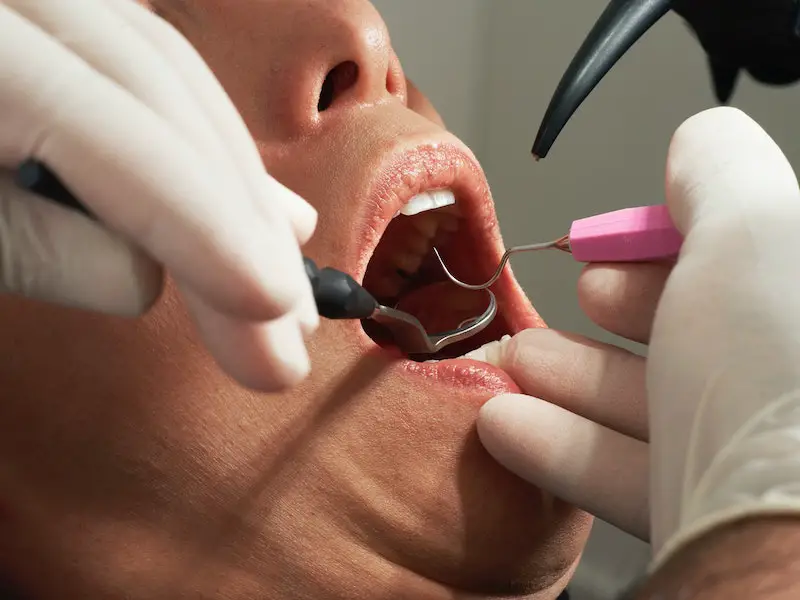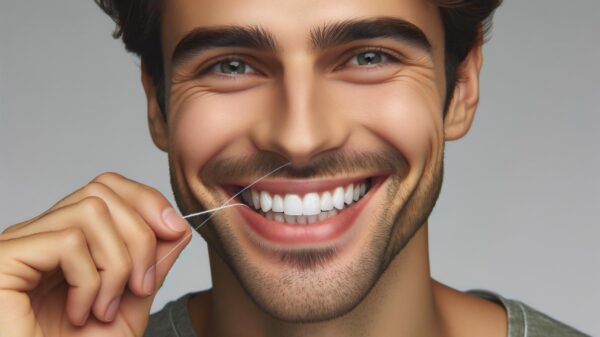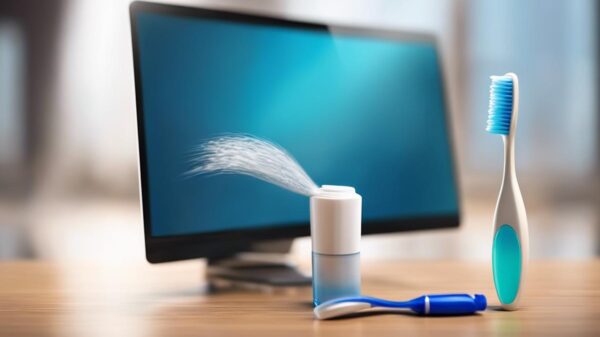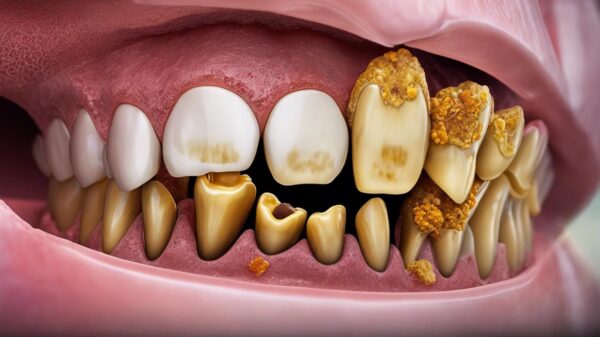What You Should Know About Eating After Crown
I just got a couple of crowns put on my teeth. I am starving for real food. Smoothies and pudding just aren’t cutting it anymore. I decided to do some research and consult the experts about when I could eat solid foods after getting a crown.
So, when can I eat after a crown? If you are scheduled for an appointment to get a crown, you may have some aftercare questions regarding when and what you can eat. Fortunately, most patients only have to wait 30 to 45 minutes after you leave your dentist’s office after getting a temporary crown before eating.
Your dentist might recommend a crown if your tooth is quite worn or cracked. Crowns are also ideal for patients who’ve undergone a root canal or a large filling because without one, your newly-treated tooth becomes more vulnerable to bacteria. Keep reading to learn more about what to expect regarding your meals following a dental crown appointment!
Types of Dental Crowns
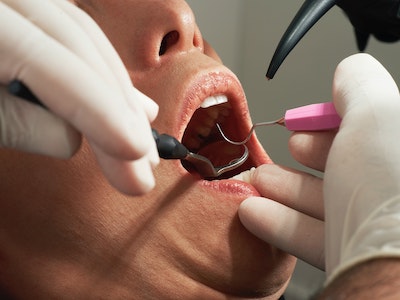 There are two types of crowns. Most dentists still do crowns in two appointments. During the first appointment, the tooth is prepared for the crown and a temporary crown is placed and cemented with temporary cement.
There are two types of crowns. Most dentists still do crowns in two appointments. During the first appointment, the tooth is prepared for the crown and a temporary crown is placed and cemented with temporary cement.
Both the temporary crown and temporary cement are far weaker than their permanent counterparts.
You’ll want to avoid anything sticky or especially hard while you have the temporary crown. The major culprits for these crowns coming off are things like gum and candy.
If the temporary crown does come off, make sure to get back to your dentist quickly to have it recemented.
Luckily, you only have to wait for 30 to 45 minutes after you leave your dentist’s office after getting a temporary crown before eating.
Same-Day Crowns
Some dentists have technology in their office that allows them to create your crown the same day that the tooth is prepared. You go home with the permanent dental crown already on the tooth. Most of these crowns are bonded directly to your tooth and this bond is fully set by the time you go home.
You can eat normally as soon as the numbness wears off. Permanent crowns need time to harden before you can eat normally.
What Foods Should I Avoid After a Crown?
Even though you don’t have to wait long to start eating solid foods after getting a temporary crown, you have to remember not to chew where your crown is even in the days following the procedure. Instead, shift to the other side of the mouth.
In the first days after receiving your permanent crown, the cement will still be hardening. Once the cement has hardened and the crown is set, you can resume chewing on both sides. Until the cement sets, take care to avoid sticky food like soft candy and caramel. These have the potential of grabbing and pulling off the crown.
Off-Limit Foods Following Your Dental Crown
Some other foods to shy away from are below:
- Nuts: Stay away from nuts until your crown has bonded with your teeth before snacking on hard foods like nuts.
- Crunchy vegetables: Like with nuts, crunchy vegetables can hurt the newly-crowned tooth. Cook vegetables thoroughly and avoid eating anything raw and hard until the permanent crown has settled in your mouth.
- Cold foods: Following a crown procedure, your teeth may be more sensitive and feel pain when you eat cold foods. If your gums have receded so that the root above the crown is exposed, you may feel pain from hot foods too. Ask your dentist to recommend a toothpaste for sensitive teeth if the pain is unbearable. These kinds of toothpaste block the sensation of pain as it travels from the tooth to the nerves.
- Soda: Following a permanent crown procedure you have to stay away from soda of all kinds. Plus, cola products are bad for your teeth whether you have a crown or not. They are high in sugar and cause enamel erosion and cavities.
- Gum: Many people chew gum after a meal to freshen their breath. Instead of chewing gum following a meal, use mouthwash or rinse your mouth out with water. Gum can damage your crown if it gets stuck to the tooth.
- Raisins: Although raisins (if they are unsweetened) are a healthy snack, they are way too sticky for a mouth that has a fresh crown. In fact, you should stay away from all dried fruits because they could pull the crown right off your tooth.
- Popcorn: Popcorn can get stuck between and under your teeth. Be wary of this snack after having a crown put in because you could get kernels wedged in your teeth that can damage the crown.
- Ice: Do not chew on ice after your crown procedure. It is too hard for the crown to handle until it has bonded to your tooth. Also, you may experience sensitivity from the ice following a crown because of its cold temperature.
- Steak: This is a tough food if not cooked properly. Steak can be hard and may not necessarily damage your crown, but it will take you longer to chew due to its texture. Stick to softer proteins like baked chicken or fish until your crown is comfortable in your mouth.
The good news is that there are plenty of foods you can eat in the weeks while your permanent crown is setting.
What Can I Eat After a Dental Crown?
There are lots of foods that won’t upset your dental crowns. Soft foods, of course, are the easiest – smoothies, mashed potatoes, and healthy Greek yogurt. Watch out for sweets like milkshakes and ice cream, as the cold and sugar can wreak havoc on your teeth.
If you have sensitive teeth, you’ll know to stay away from foods at extreme temperatures. Make sure you eat your food lukewarm and drink your water at room temperature. This can help with sensitivity, especially when dealing with a temporary crown.
Soft bread – not chewy bagels or crunchy baguettes – is good for right after your crown. But make sure to brush and floss after eating! Anything that’s not hard or sticky should do the trick. The kinder you are to your mouth, the better it will serve you in the long run!
Related Questions
How should I care for my tooth after a crown? While a crowned tooth does not require any special care, remember that simply because a tooth is crowned does not mean the tooth is protected from decay or gum disease. You must continue to follow good oral hygiene practices, including brushing your teeth at least twice a day, and flossing daily – especially around the crown area where the gum meets the tooth.
It is also wise to rinse with an antibacterial mouthwash at least once a day. Slide rather than lifting out dental floss when cleaning between your teeth to avoid pulling off the temporary crown.
How long does a dental crown last? Depending on the type of dental material used, the average lifespan of a crown is around 10-15 years. However, with proper care, good dental hygiene habits, and regular dental cleaning and exams, some crowns may last for decades.



